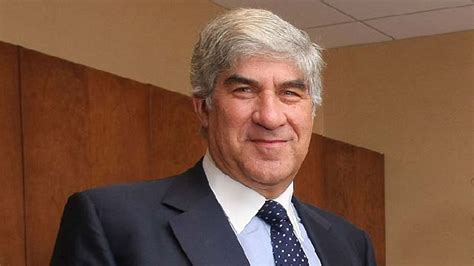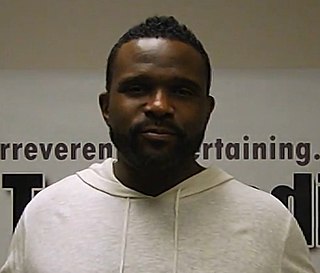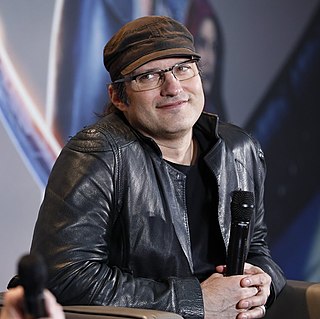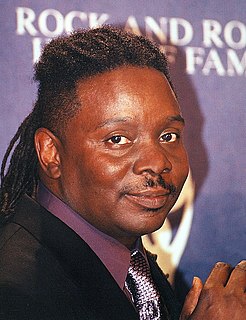A Quote by Joey Santiago
I'm not technical. When I listen to music, I gravitate more toward the sonic aspect of it. The technical stuff of it, I get bored with it. These long solos? OK, already. You know your scales, big deal. I know it, too, but I don't want to do that.
Related Quotes
You have to know everything. You have to know how to light a scene. You have to know all this technical stuff about directing. No, you don't. You can know as much or as little as you have to. Your main job is to get great performances and tell the story correctly and capture it correctly. Then it's just basically yours to complicate or simplify as much as you want.
I find that when one has worked long enough, technical know-how becomes almost irrelevant. In photography, it's not difficult to reach a technical level where you don't need to think about the technique any more. I think there is far too much literature and far too much emphasis upon the techniques of photography. The make of camera and type of film we happen to use has little bearing on the results.
Whenever I enter a position, I have a predetermined stop. That is the only way I can sleep. I know where I'm getting out before I get in. The position size on a trade is determined by the stop, and the stop is determined on a technical basis... I never think about [stop vulnerability], because the point about a technical barrier - and I've studied the technical aspects of the market for a long time - is that the market shouldn't go there if you are right.
I know that I make technical mistakes from time to time. It's one of the aspects of my game that I've been working on for years. I think I've managed to reduce the number of those technical mistakes to a minimum, but occasionally, they happen. On the other hand, I do have moments of technical brilliance.
I'm maybe not so anxious to be a successful pop artist. Of course I want people to like my music, but I know what the price of success can be, too. Basically, I'm happy as long as I can keep my freedom, so I'm so happy with the way things are at the moment. I get to be hands-on with details in every aspect of what I'm doing, but I also get to perform for a big audience.




































